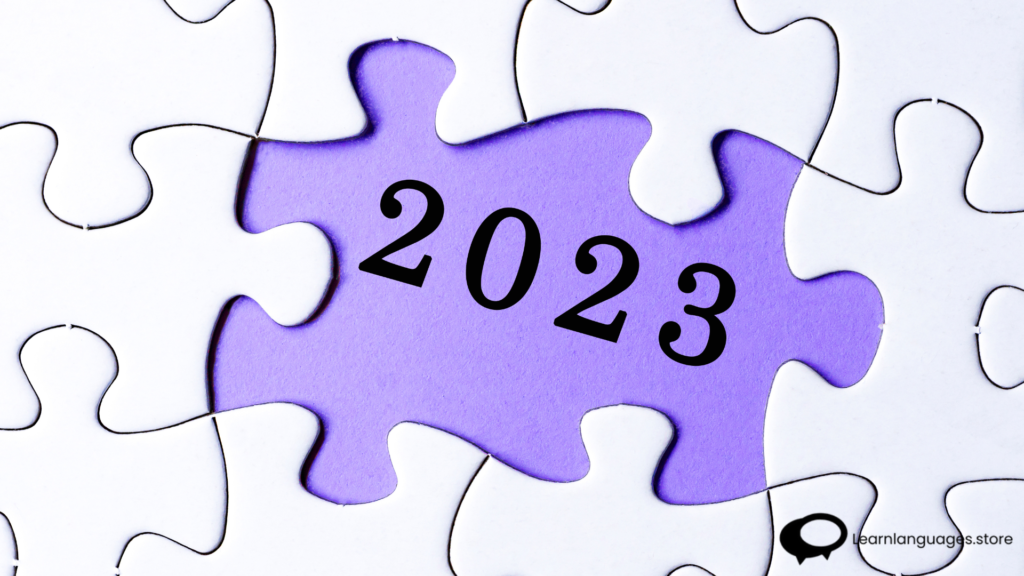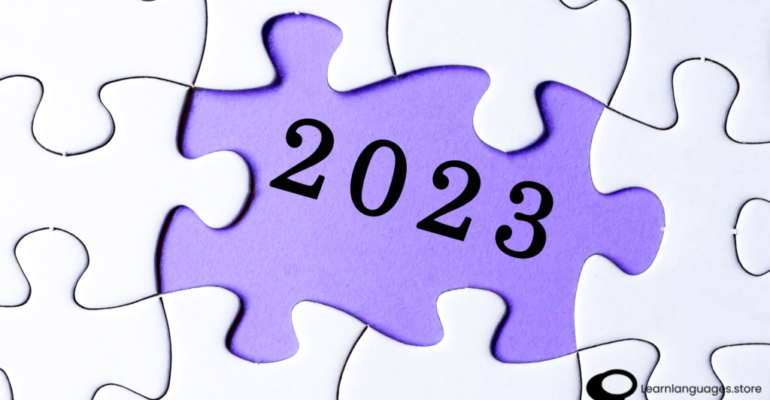NEW YEAR’S RESOLUTIONS AROUND THE WORLD
NEW YEAR’S RESOLUTIONS AROUND THE WORLD
Do you make New Year’s Resolutions? Some surveys show that around 38% of U.S. adults do, but only about 9% of people successfully keep them. The most common resolutions involve developing healthier habits, starting new hobbies, and being more generous. Why do people choose this time of year to make big changes? Let’s dive into the history of New Year’s and the resolution.
The New Year’s Holiday in Different Cultures
The Romans, named January after Janus, the deity of beginnings, ends, and gates, are credited with starting on January 1. Along with greetings and presents of figs, honey, dates, and unique coins, they also shared good wishes. As sacrifices to Janus, who was frequently portrayed as having two faces, one looking toward the past and the other toward the future, they created cakes out of spelt wheat and salt that were burned on altars.
The ancient Babylonians may have celebrated the new year in March during the 12-day Akitu festival.. Crops were sown, oaths of allegiance to the monarch were sworn, and vows to the

What is the History of New Year’s Resolutions and the Meaning of the Word Resolution?
Resolution is derived from the Latin term resolutionem, which describes “the process of reducing things into simpler forms.” It wasn’t used in relation to a New Year’s resolution of improvement until the 1780s, and it took until the 1580s for it to come to denote “steadfastness of purpose.” Making resolutions at the beginning of the year was originally a religious habit, but it has since evolved into more of a secular one.
Resolved Ineffectively
No matter when the New Year is celebrated, it is a common time to make resolutions for development and change, yet so many people struggle to keep them. Why? Much of it is related to the weather in the Northeast. When it’s chilly and dark outdoors, it’s much more difficult to eat a salad and make it to the gym. Many people have the greatest of intentions but end up failing, which leads them to beat themselves up. In reality, due to a combination of terrible weather, Christmas debt, and the breaking of resolutions due to low motivation, Blue Monday, the third Monday of January, is widely regarded as the most miserable day of the year.
The majority of life development specialists concur that gradual change with small, attainable objectives is preferable than abrupt, big decisions if one wants to form new habits or make long-lasting improvements. Why wait till a certain day of the year to start working towards your goals? Someone should make a little alteration in their lives right away if they want to make a shift.
Consider making a little modification, such as include extra veggies in a meal twice a week, rather than setting a general aim of “eating healthier.” Try meditating for 1 minute every day for a week before increasing another minute each day. If you decide to start drinking alcohol or smoking again, get treatment right once.

Learn Languages Store
Vashi,
Email: services@learnlanguages.store










